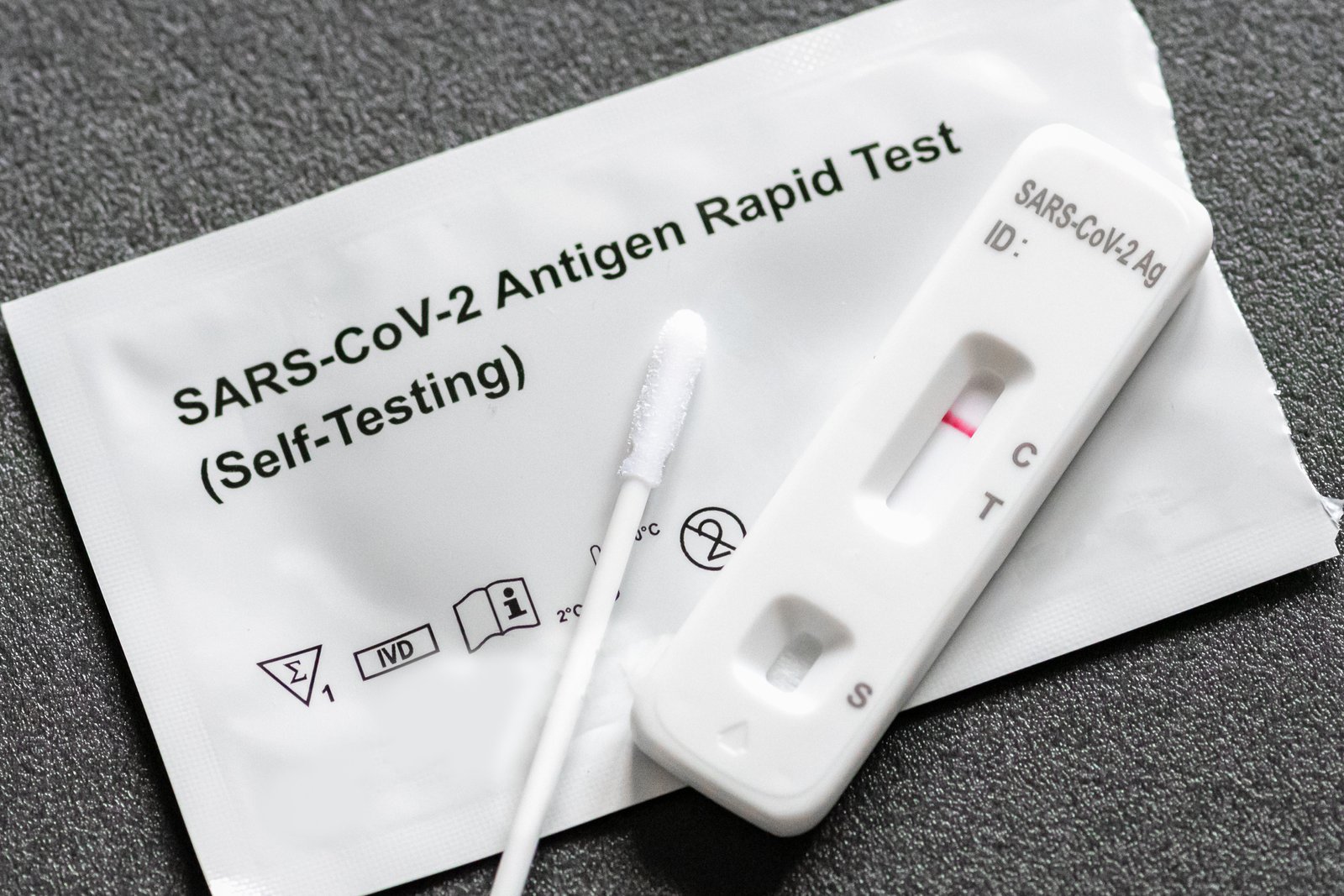The Indian government on New Year’s Eve wrote to the states to encourage and promote the use of coronavirus home tests especially for the individuals who are experiencing symptoms of COVID-19 in order to avoid the long-term process and time at the local health systems. Last year the delta variant of coronavirus lead to an explosion of cases that overwhelmed hospitals and testing labs. But last month the new infections fueled the number of cases and similarly the number of people testing themselves at home across the country.
In the first 20 days of January, over 200,000 people shared their test results with India’s health agency – a 66-fold increase compared to all of 2021, apparently the strategy worked. The ones who were testing positive with speedy, though it is less accurate tests were told to self-quarantine at home which led to allowing hospital beds to remain available for the most vulnerable. But according to experts this data is only a fraction of the real number of tests used. Despite of the rules needing people to share their results with the authorities that many aren’t doing so, which means the country’s already irregular testing data is even less accurate and that future clusters may go undetected.
It’s such a problem that many states in India are already warning. In Maharashtra, state health official Dr. Pradeep Vyas recently appealed to all users to report their results. And since tests don’t show any difference between omicron and the deadlier delta variant, which also continues to spread in India, he warned there are still vulnerable people who need hospital care. In a letter to the authorities last month he wrote, “Suddenly there may be stress on our health infrastructure.” The pharmacists in the state since January have started keeping records of those buying home tests. But this isn’t the case in most Indian cities.
“If I had to guess, maybe only 20% of people using home tests are reporting it,” said K Srinath Reddy, president of the Public Health Foundation of India, adding that every test result ideally should be reported so authorities can track the virus. “If you’re not reporting it then your sample can’t be sent for genomic analysis, and then you may miss tracking clusters and variants,” he said.
In interviews with The Associated Press, several people in the capital New Delhi have agreed that they tested positive for COVID-19 using home tests but didn’t share their results with government or the other authorities.
Due to the highly infectious omicron variant still spreading throughout Asia, more countries are making a difficult tradeoff between accuracy and speed, deploying the agile home tests to make sure patients don’t flood hospitals.
Indian officers are counting on a centralized database where people upload their test results using a mobile app. MyLab, the first company approved for its COVID-19 home test, is producing tests per day. Deals have jumped tenfold compared to last quarter, said Saurabh Gupta, head of strategy at MyLab. India has approved eight home tests so far, priced between$ 2 and$ 33.
Despite the increased use of home tests, experts say they aren’t as accurate as lab- run PCR tests and have a advanced chance of reporting false negatives.
Parul Saxena, a housewife in New Delhi, took a home test last month that turned out negative. But when she continued to have a body pang and fever, she went in for a PCR test, which verified what she felt each along — that she was positive for COVID-19.
India’s health ministry didn’t respond to questions transferred via dispatch.
Another concern is that home tests are innately more delicate to acclimate — which needs to be done as the contagion evolves. While the delicacy of both home and lab tests are affected when a contagion evolves, rapid-fire tests may not be suitable to descry a new variant, said Vineeta Bal, who studies vulnerable systems at the Indian Institute of Science Education and Research.
After last time’s disastrous delta swell and a sharp rise in omicron infections to start 2022, cases in India have now stabilized with numerous metropolises continuing caffs, seminaries and workplaces. On Thursday, India recorded new cases and 541 deaths — down from a high of over cases last month. Experts have advised that India, like away, was likely missing cases indeed before the emergence of home testing.
But some say it isn’t necessary for all positive cases to be reported to authorities. Officers can continue to study the contagion’s spread through robust arbitrary slice, saidDr. Jacob John, who studies contagions at the Christian Medical College in Vellore, a megacity in southern India.
Reddy, the public health expert, questioned the significance of case counts at this stage of the epidemic in India.
“Right now, this is not going to be the biggest priority — the important thing is to make sure that if people are getting very sick, there are enough healthcare facilities,” he said.
Ashley St. John, an associate professor at the Duke-NUS Medical School in Singapore, agreed that other factors are more relevant. “I think our concern with having very accurate data on positive case numbers has lessened as vaccination rates have increased,” she said. “We know that many vaccinated individuals can test positive even without developing symptoms or severe disease. Also, we have transitioned to accepting that the virus is endemic and cannot feasibly be tracked in every person.”







